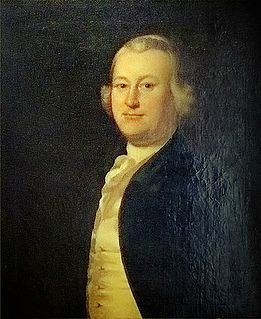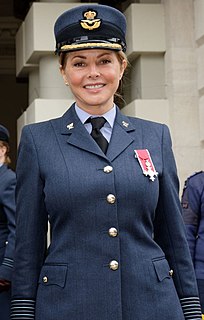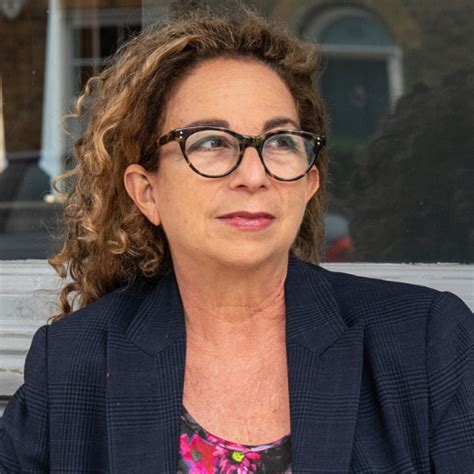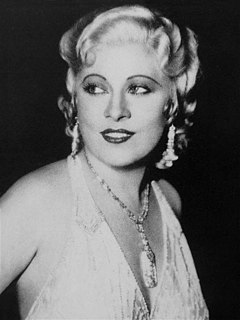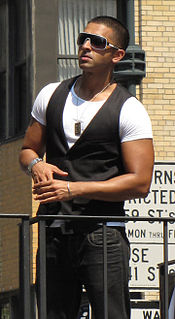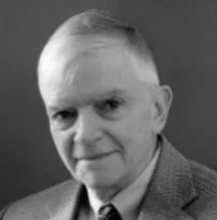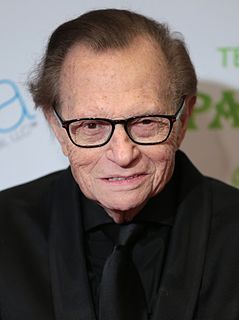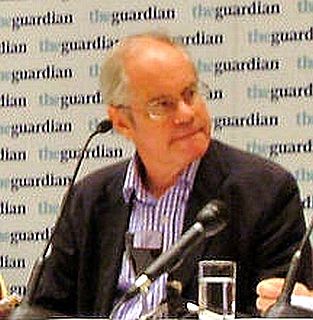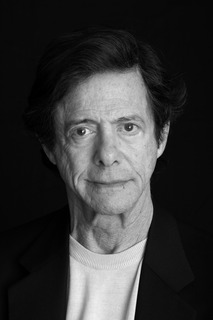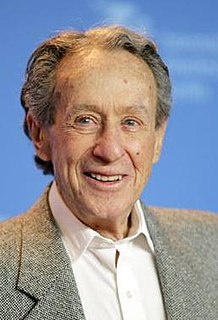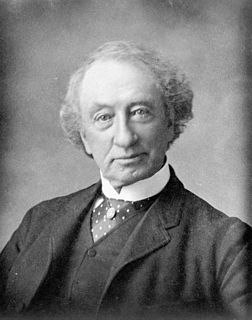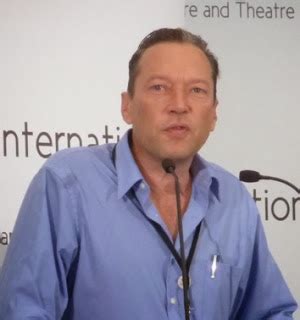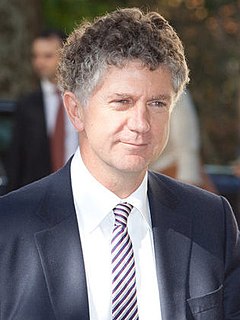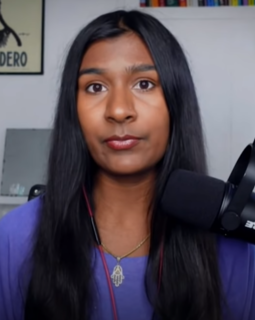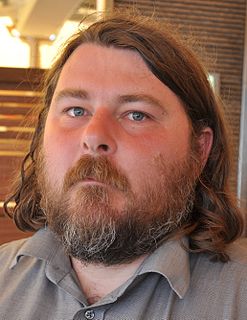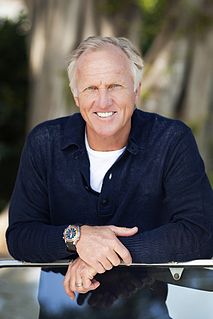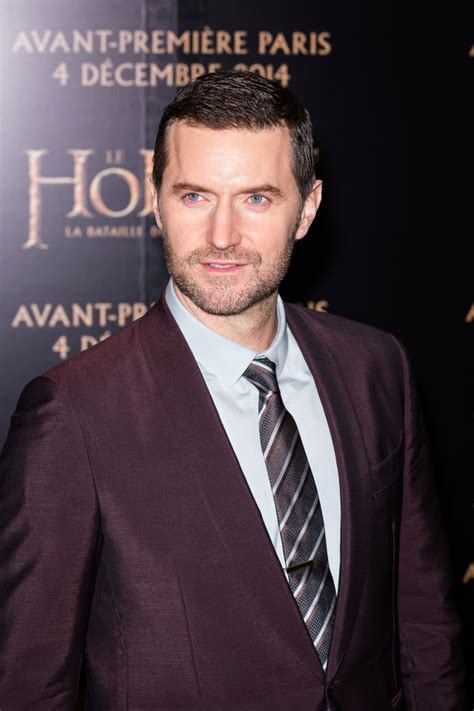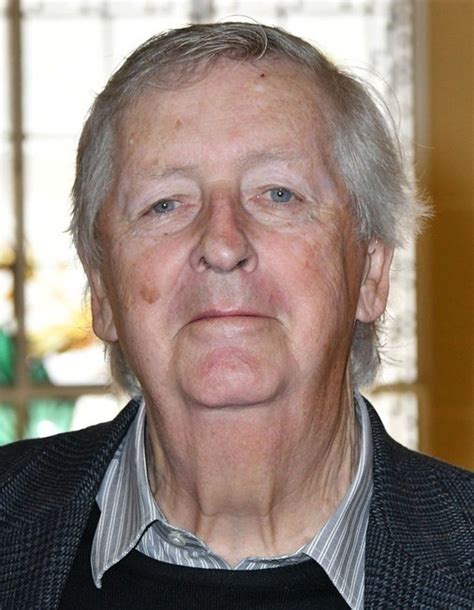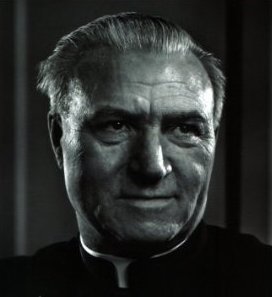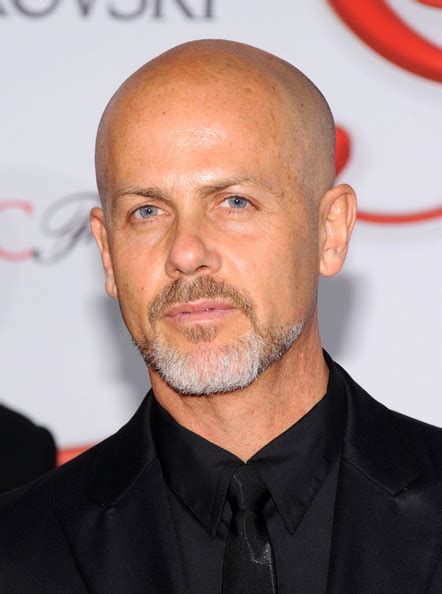Top 1200 British Quotes & Sayings - Page 4
Explore popular British quotes.
Last updated on April 22, 2025.
I'm British; I live here, and I've always made my films here. And we're on a journey in British filmmaking right now. We're attracting big films again. 'Star Wars' filming here will employ thousands of people. We're world-class in so many of the craft elements, and the vibrancy of our filmmaking is strong.
Every British Subject born on the continent of America, or in any other of the British dominions, is by the law of God and nature, by the common law, and by act of parliament, (exclusive of all charters from the crown) entitled to all the natural, essential, inherent and inseparable rights of our fellow subjects in Great- Britain.
Countries are different. They make different choices. We cannot harmonise everything. For example, it is neither right nor necessary to claim that the integrity of the single market, or full membership of the European Union requires the working hours of British hospital doctors to be set in Brussels irrespective of the views of British parliamentarians and practitioners.
While I am most at home in London, I cannot really label myself as either British or Trinidadian. I write in the English language and live in the U.K. I find it hard to say that I am an entirely British writer, especially when I supported Trinidad in the 2006 World Cup and also support the West Indies cricket team.
What the British seem to like are television historians and naturalists, not public intellectuals. You can't help feeling that's because one supplies narrative and the other supplies facts, and the British are traditionally empiricists so they/we have a resistance to theory and to theoreticians playing too prominent a role in public life.
Land Grant College Act is the jewel of Republican reform. It had not occurred to any other country to educate their farmers and workers. When the British studied the reasons for American success in 1851, the consensus was that Americans workers were well educated. So they didn't oppose progress the way British workers did.
...The British press... [claimed that Tony] Blair was simply Bush's poodle - a favorite phrase, bewilderingly popular, although it made no sense - and that he was ignoring the will of the British people. Considering the hacks had spent Blair's first six years in office condemning him for relying on focus groups and opinion polls for his policies - in other words, paying attention to nothing but the will of the people, or at least their whims - that seemed a little rich to me, but as I said, logical consistency has never figured highly in the British media's scale of values.
The British are the last national group who can be insulted by Hollywood without any comeback. These days if you depict Italians as gangsters, Saudis as terrorists or Mexicans as violent drug dealers you'll never hear the end of it. But as still the largest - and possibly the richest - ethnic group in the States, the British just have to take it.
Now, the United States' response, the western response to this is a continuation of the appeasement that was started back in the '50s with Eisenhower when Iran seized western oil companies. The Americans, the British, and the Israelis, as I remember, launched an attack to try to reclaim it and - or at least the British and the Israelis did and Eisenhower vetoed it.
I think there's a quality of passion to the American actor. I'm certainly attracted to it, and I like to hope that underscoring it is a characteristic of my work. That quality is certainly also present in some British actors, but I tend to feel the mechanical and intellectual process is dominant in the British.
In England, all the English car companies were beginning to circle the drain in a series of well-deserved failures and bankruptcies, earned by making lousy products with very poor production at high prices. So, the government, back in the '70s, nationalized all the British car companies. The result was British Leyland, a name that perhaps doesn't resonate much with you.
The modern Middle East was largely created by the British. It was they who carried the Allied war effort in the region during World War I and who, at its close, principally fashioned its peace. It was a peace presaged by the nickname given the region by covetous British leaders in wartime: 'The Great Loot.'
There seems to be a sense in the British media that prime ministers enjoy going to war. They do not. The decision to send British soldiers into battle is the worst and most stomach-churning senior politicians have to take. It makes them wake up in the middle of the night in a cold sweat worrying if they have done the right thing.
In Britain, British history is naturally a mainstream subject. Step outside your own narrow specialism, and you can find yourself treading on someone else's toes. But in America, British history is an eccentric, minority pursuit, and while this can be intellectually isolating, it also permits extraordinary freedom.
And it is undeniably true that the greatest and most important right of a British subject is that he shall be governed by no laws but those to which he, either in person or by his representatives, hath given his consent; and this, I will venture to assert, is the great basis of British freedom; it is interwoven with the Constitution, and whenever this is lost, the Constitution must be destroyed.
I considered our British comrades to rank with the finest men and women of any armed service in the world. And I know that my fellow American soldiers - and those of the other coalition countries under my command - valued very highly the professional expertise, capability, courage, and determination of our British partners on the battlefield.
I remember I was really into this British band, The Vapors, with that song "Turning Japanese." I thought that they were really next level genius cryptic weirdos. And then I realized when I got older they are just using a lot of British words, and I didn't know what they meant. But I thought, Oh, they are making up their own language.
My great-great-aunt was a terrorist. I'm not talking about the sense in which the pacifist Mahatma Gandhi was branded a terrorist by the British parliament in 1932: Pritilata Waddedar was an active participant in armed struggle against the British state. She supplied explosives. She fired a gun. And I'm proud of it.
I was born in a little town called Lund in British Columbia. It's like a fishing village. My parents were hippies. They tried to live off the land, so I grew up in a log cabin, and we didn't get running water until I was 4. The next year, we got electricity. Then we moved to the city, Victoria, British Columbia, so I could go to school.
People say, "How do you get into the British film industry?" There is no British film industry, there are just people making films and finding their own way. It's not like in the States where there are studios and there's an actual infrastructure to it; there's just nothing here. You make it from scratch a lot of the time.
I have a plan. It entails leading to a fair deal and relationship with the British. We will be reasonable, but we will also negotiate firmly and without gullibility. I believe we must come to an agreement for the people of Britain and the people on the Continent, but not under exclusively British terms.
Among the handful of British diplomats and military men aware of their government's secret policy in the Middle East-that the Arabs were being encouraged to fight and die on the strength of promises that had already been traded away-were many who regarded that policy as utterly shameful, an affront to British dignity.
The British have turned their sense of humour into a national virtue. It is odd, because through much of history, humour has been considered cheap, and laughter something for the lower orders. But British aristocrats didn't care a damn about what people thought of them, so they made humour acceptable.
One of the things about being raised British in Africa is that you get this double whammy of toughness. The continent in place itself made you quite tough. And then you've got this British mother whose entire being rejects 'coddling' in case it makes you too soft. So there's absolutely nothing standing between you and a fairly rough experience.
In the past, people couldn't place me. They thought that I was Danish or English or French. They never got that I am Italian. I'm not typical, maybe because my visual education was very mixed. There was a lot of London in my aesthetic: The Face, i-D, British music, and a lot of British fashion . . . But I really enjoy this contrast.
A certain secret jealousy of the British Minister is always lurking in the breast of every American Senator, if he is truly democratic; for democracy, rightly understood, is the government of the people, by the people, for the benefit of Senators, and there is always a danger that the British Minister may not understand this political principle as he should.

